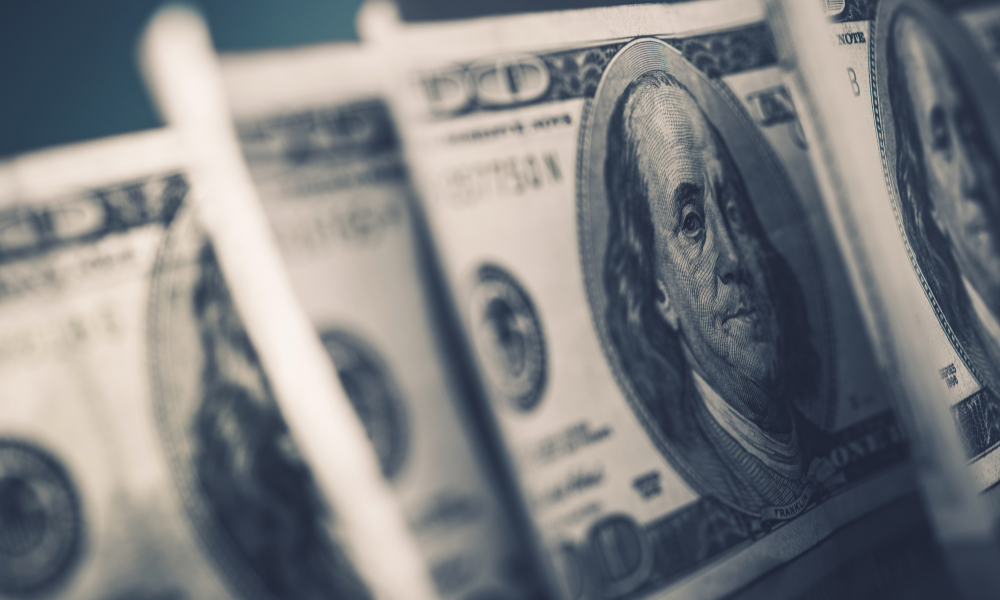

by Carter Johnson
The Trump administration’s emphasis on bilateral trade deficits and verbal jawboning of the dollar is upending the government’s traditional approach to managing the US currency, according to a former top Treasury official.
“The standard playbook is going to be thrown out the window,” Mark Sobel, US Chair of OMFIF Ltd. and a 40-year veteran of currency policy, said at the TradeTech FX conference in Miami. “I expect to hear a new lexicon emphasizing bilateral deficits and a desire to impact the dollar’s value, both up or down depending on who’s doing the talking.”
For decades in Washington, the value of the dollar was seen largely as a macroeconomic outcome driven by interest-rate and fiscal policies as well as global capital flows. However, Trump during his first term and again on the campaign trail last year was not afraid to sound off on the level of the US currency, arguing that a strong dollar weakens the competitiveness of domestic manufacturing.
“Rather than focusing on macro dimensions, it seems team Trump is focused on bilateral imbalances,” Sobel said. “We hear a discussion about using trade tools to impact currency markets.”
Still, Sobel said that the dollar is likely to retain its dominant role as the world’s reserve currency “for the foreseeable future” — although that privileged status may ebb. If the currency’s role in global finance and trade is diminished, he added, it will be because of actions taken by US policymakers themselves, like the tarnishing of trading relationships with once-trusted partners.
Sobel ultimately expects that the Trump administration’s policies will bolster the dollar’s value in the near-term, but also added that lackluster economic outlooks in other global economies — from Europe to Canada to China — play a role in the dollar’s strength.
Copyright Bloomberg News

It's a showdown for the ages as wealth managers assess its impact on client portfolios.

CEO Ritik Malhotra is leveraging Savvy Wealth's Fidelity partnership in offers to Commonwealth advisors, alongside “Acquisition Relief Boxes” filled with cookies, brownies, and aspirin.

Fraud losses among Americans 60 and older surged 43 percent in 2024, led by investment schemes involving crypto and social manipulation.

The alternatives giant's new unit, led by a 17-year veteran, will tap into four areas worth an estimated $60 trillion.

"It's like a soap opera," says one senior industry executive.
RIAs face rising regulatory pressure in 2025. Forward-looking firms are responding with embedded technology, not more paperwork.
As inheritances are set to reshape client portfolios and next-gen heirs demand digital-first experiences, firms are retooling their wealth tech stacks and succession models in real time.
